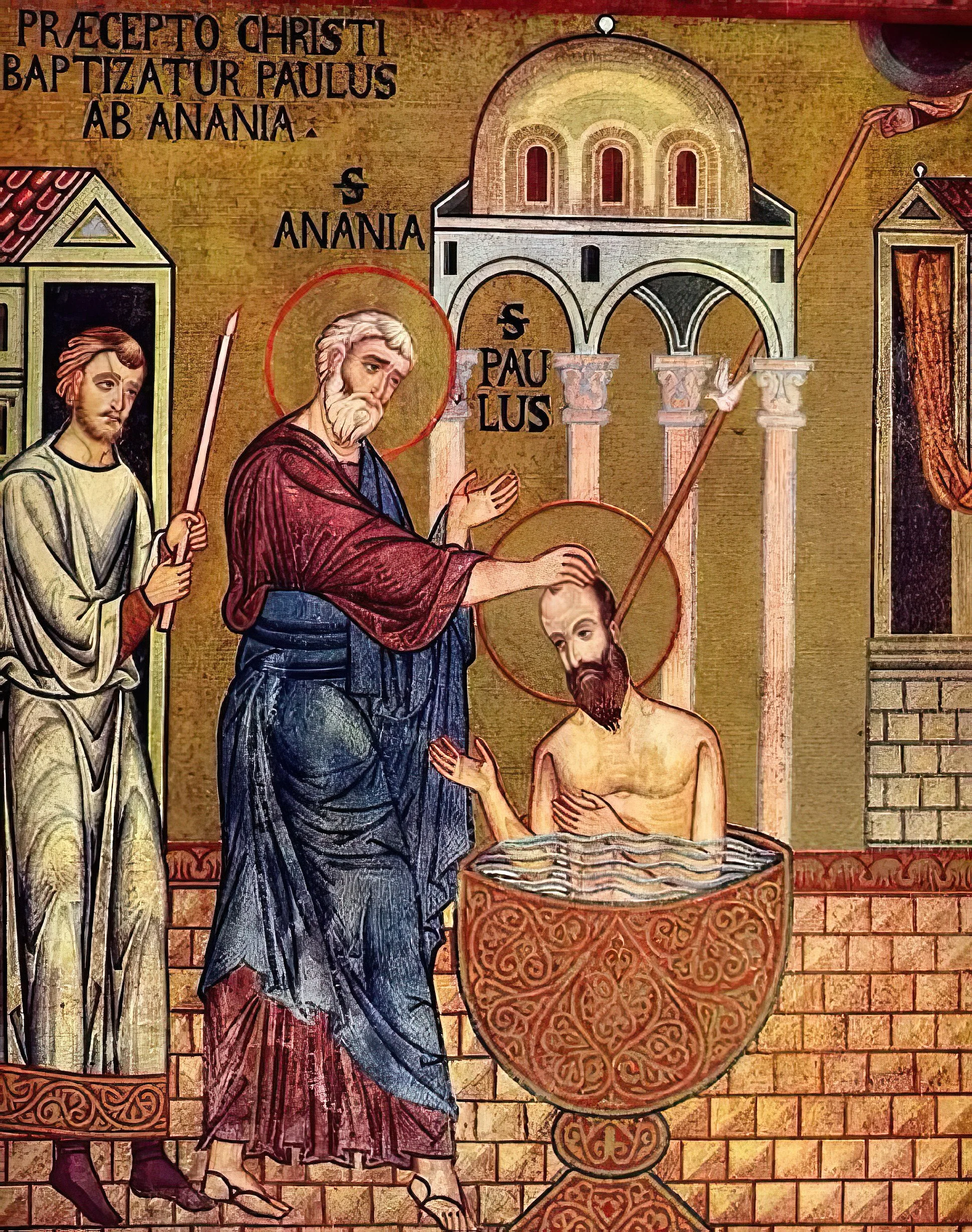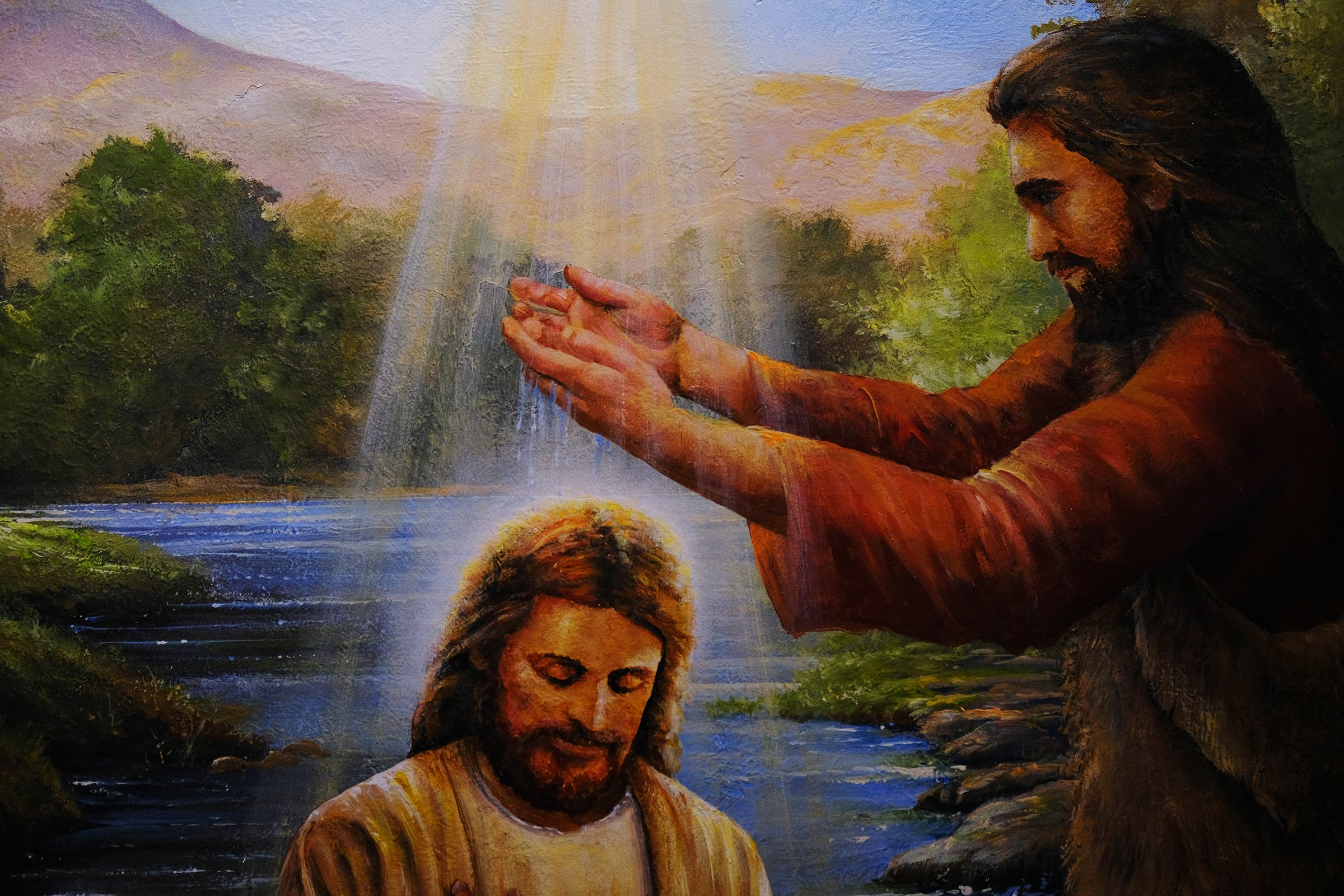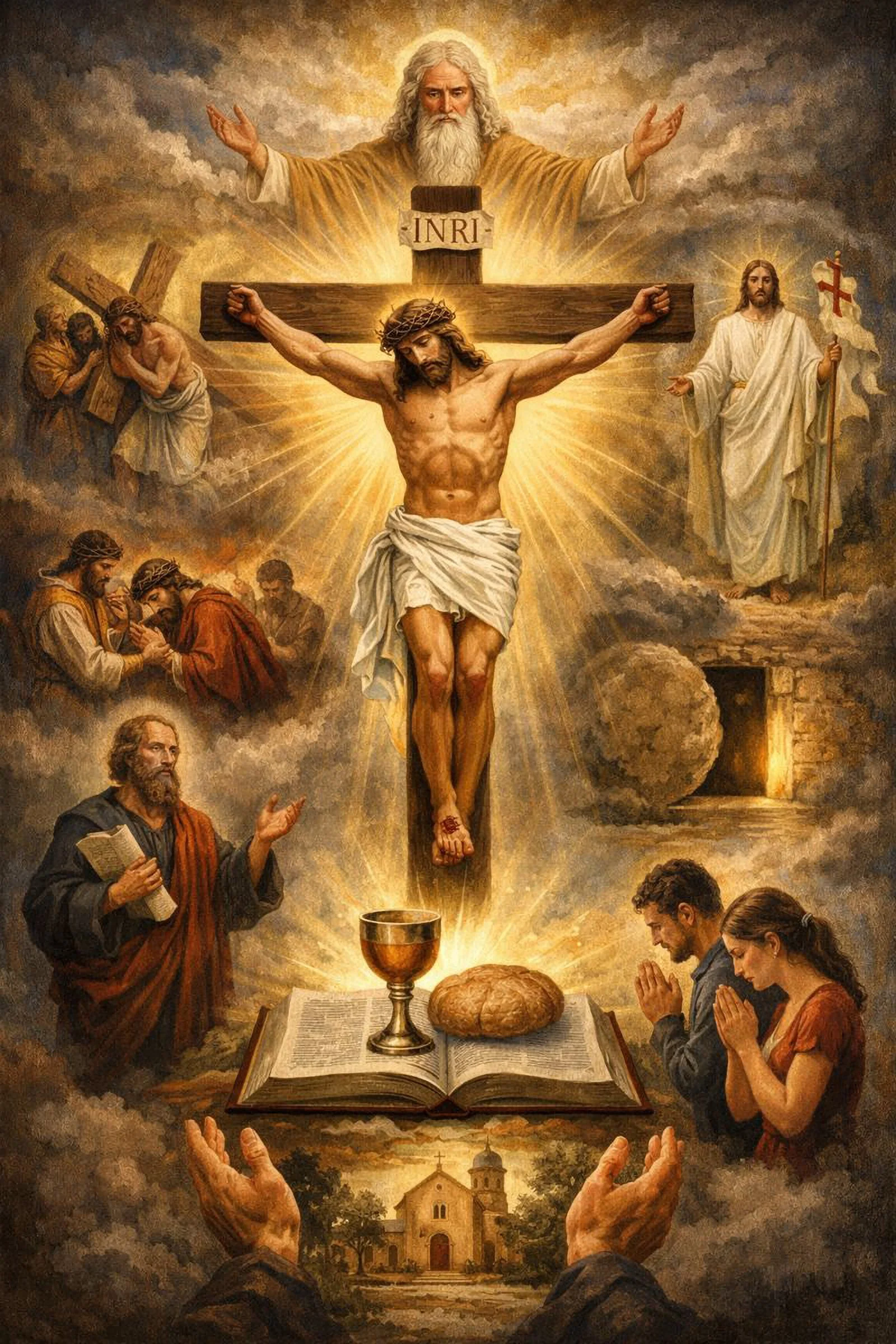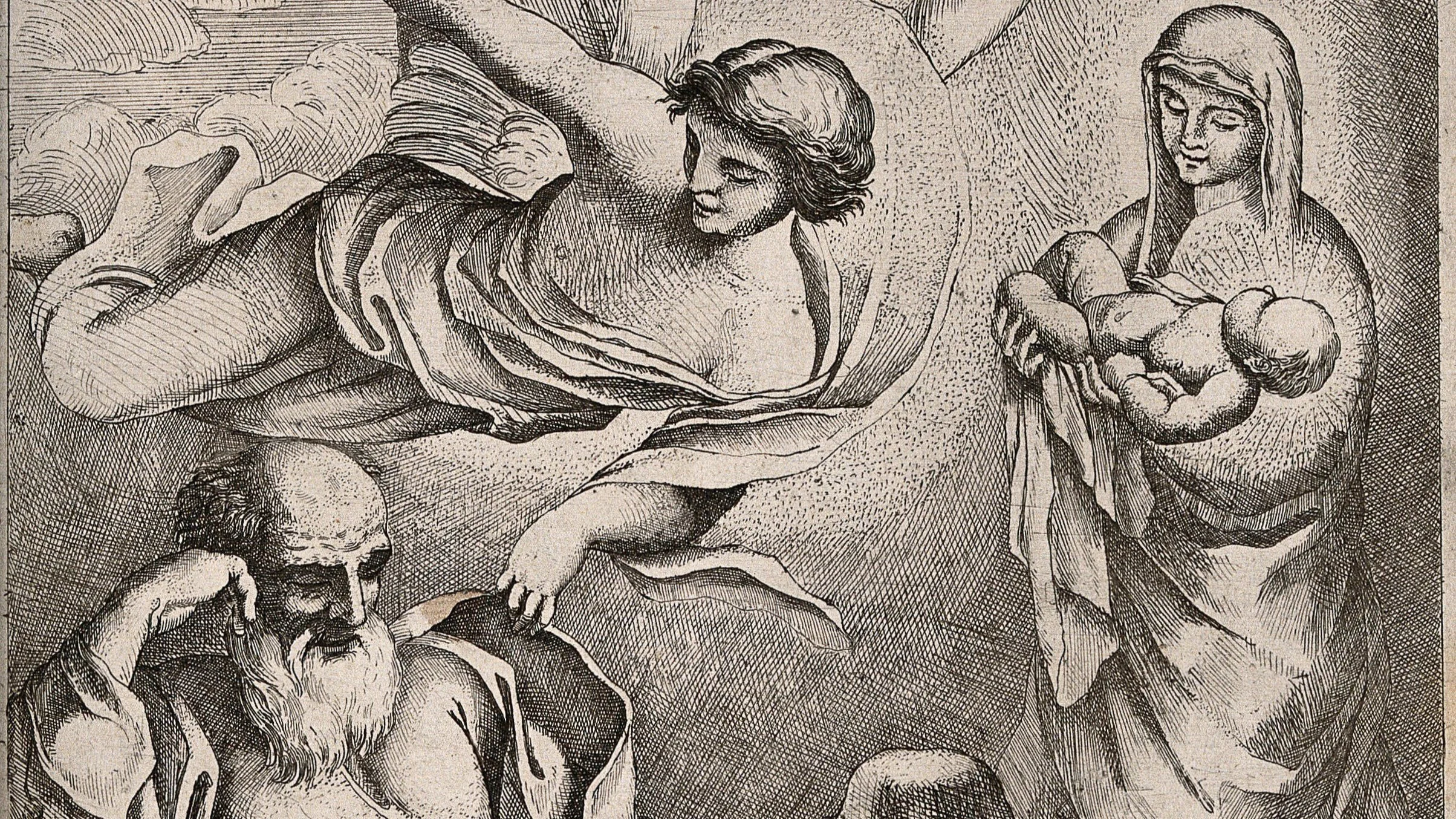
The Conversion of Saint Paul AD 2026
Paul’s conversion was a divine act, but this doesn’t mean that God did not use His servants in it. There were two people whose role in the life and fate of Paul was decisive: the already mentioned Saint Stephen the Protomartyr, and a disciple living in Damascus named Ananias. Interestingly, Saint Ananias, who later also died a martyr, is commemorated on the same day that we celebrate the Conversion of Saint Paul.

Second Sunday after the Epiphany AD 2026
Here He is: the Most Holy Trinity, Father and Son and Holy Spirit. God, who is One, but not alone, because in Him is the whole richness of being and He is the source of every true, loving relationship. This is the main reason why He created everything: to share the blessing of life and love with those who would not exist without Him. But in His love, God goes even further than simply creating us: He did not respond to man’s rebellion against Him by destroying us and creating a better mankind, but by becoming the Son of Man in His only begotten Son, so that we might become sons and daughters of God.



Christmas Week
Christmas week is like a hilly ride: up and down, up and down… On Christmas Day, we rejoice in the birth of the Son of God, who became man so that we could become children of God. However, on the second day of Christmas, December 26, we remember Saint Stephen, the first martyr of the Church. The third day of Christmas is the feast of Saint John the Apostle and Evangelist, who proclaimed the good news of the incarnation of the Word and the manifestation of true Life. However, the fourth day of Christmas is dedicated to the victims of a terrible crime, the Holy Innocents of Bethlehem.
